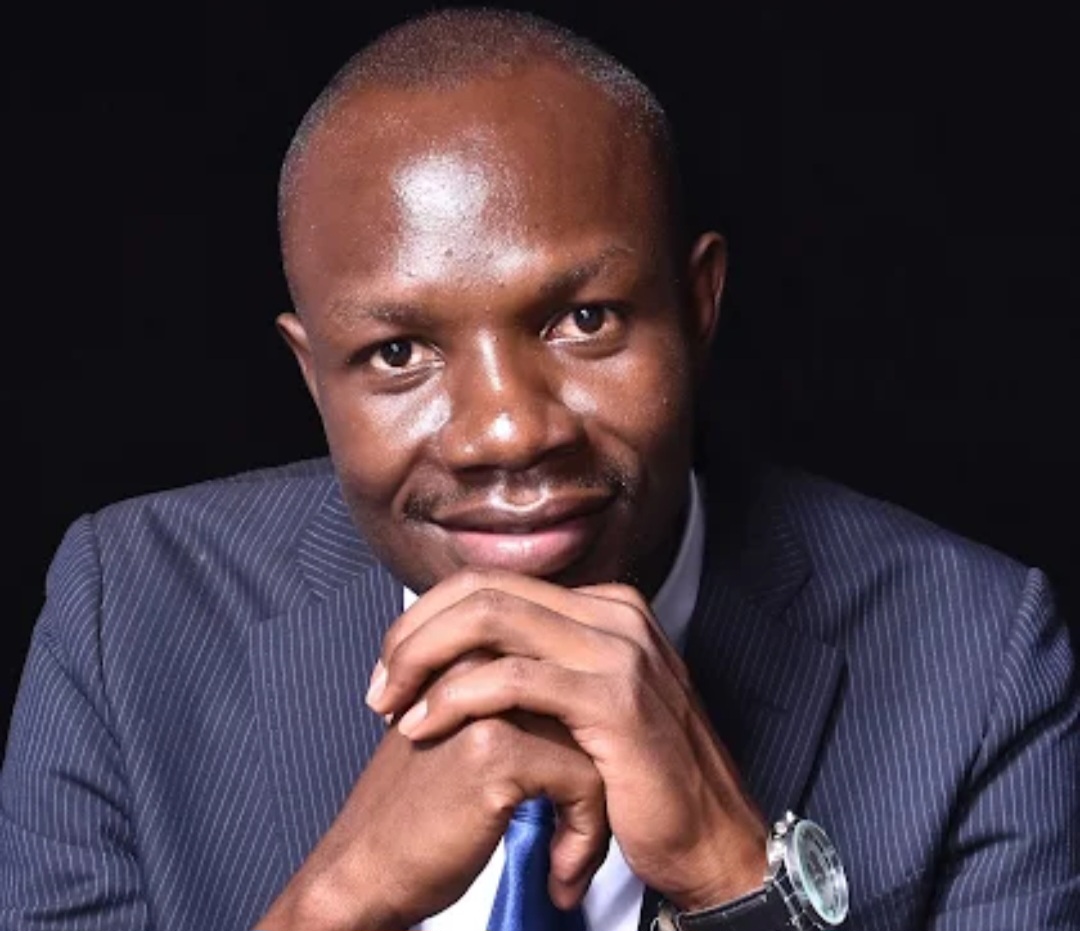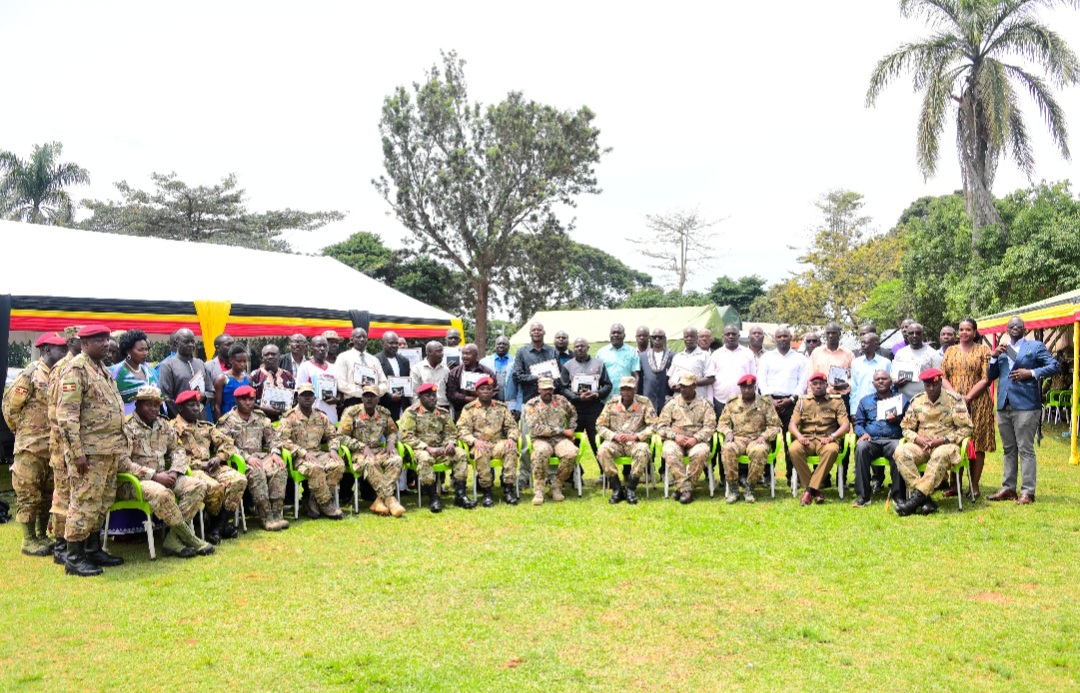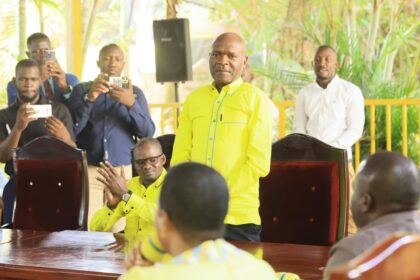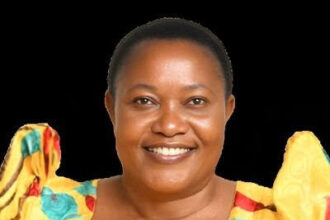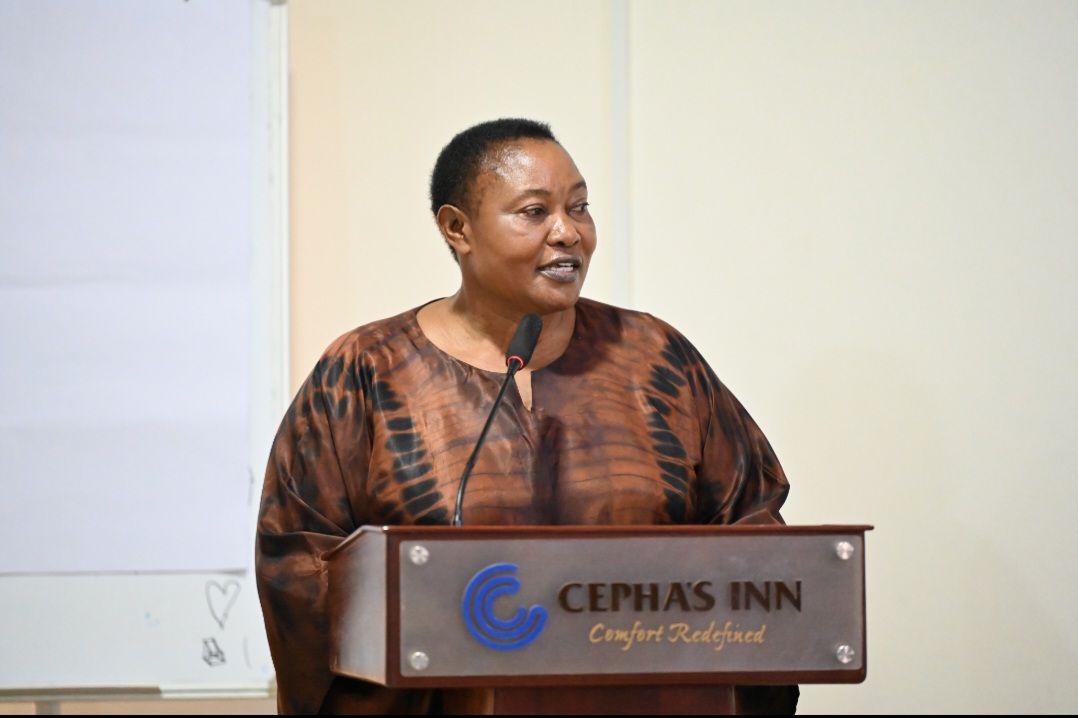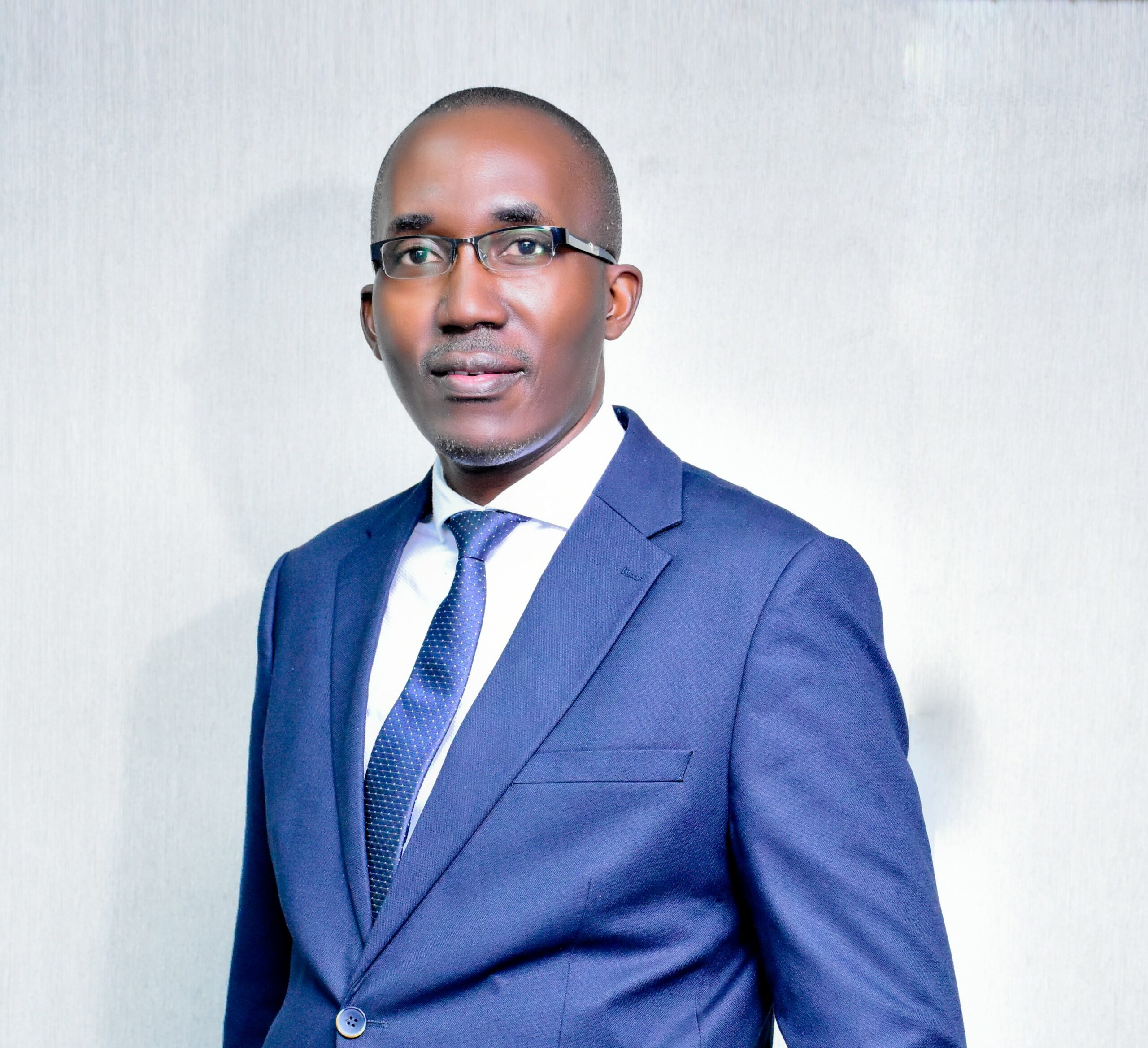Growing up, Makerere was a definition of University Education. In the village I hail, every University was Makerere, the house hold brand in Education just like it is with SHELL for every fuel station or Colgate for any tooth paste. Joining Makerere on government sponsorship or private was gold, this left many students without option. And there came a expansion of regional public Universities which gave birth to Mbarara University of Science and Technology in the west, Gulu University in the North, Busitema University in Busia, Soroti University in Teso, Lira University in Lango, Muni University in Arua and Kabale University in Kabale and “Nothing University” in Bugisu to accommodate the unattended to would be University students to Public Universities for National Education cake.
After owning “Nothing University” for a longtime, the elders thought it’s time for Bugisu to replace “Nothing University” to Mbale Public University. The proposal to establish Mbale Public University has sparked intense debate, with some questioning its necessity. However, as an academician and a concerned citizen from the Bugisu sub-region, I strongly believe that this institution is crucial for our development. In this article, I will outline the compelling reasons why Bugisu desperately needs Mbale Public University.
The Regional Public University will be a Science and Technology based university meant to serve the regions of bukedi, bugisu and Sebei. The institution will cover the districts of Bududa, Mbale City, Mbale District, Bukwo, Kapchorwa, Manafwa, Namisindwa, Sironko, Kween and Bulambuli including the bukedi region serving a community of over 15,000,000 million people
Historical Context: Marginalization and Neglect
Bugisu region, comprising of Mbale city, Mbale, Sironko, Bulambuli, Namisidwa and Manafwa districts, has long been marginalized in terms of education and economic opportunities. Our region has produced some of Uganda’s brightest minds, the likes of Mr Masikye Alfred (former Academic Registrar of prestigious Makerere University, Late Prof Wamukota from Lwaboba, Prof John Mwanga, Makerere University, Commissioner Sam Kuloba (MoES), Commissioner Mike Mabonga (Defence), Commissioner Mike Eric Sakwa (UNEB) among others, but limited access to quality higher education has hindered our progress. The lack of investment in education and infrastructure has perpetuated poverty, unemployment, and underdevelopment.
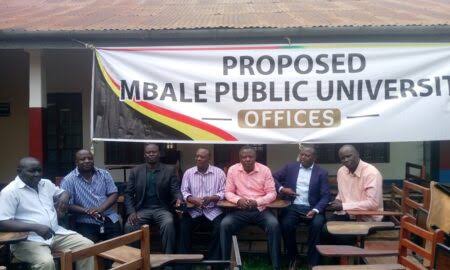
Addressing Development Challenges
The establishment of the proposed Mbale Public University addresses several pressing issues:
1. Accessibility: Currently, students from Bugisu must travel to Kampala or other distant cities for higher education, incurring significant costs. A local university will increase access to quality education, reducing the financial burden on families.
2. Economic Empowerment: Mbale University will create jobs, stimulate local economies, and attract investments, thereby reducing poverty and improving living standards.
3. Cultural Preservation: The University will promote and preserve our rich cultural heritage, documenting and showcasing the history and traditions of the Bagisu people.
4. Innovation and Research: Mbale University will foster innovation, research, and entrepreneurship, tackling local challenges and driving development.
5. Brain Drain: Talent retention will improve as our brightest minds will have opportunities to study, work, and contribute to the region’s growth.
Benefits to the Region: A Brighter Future
1. Increased Enrollment: The University will serve Bugisu, Sebei, Bukedi and part of Teso which will give more students opportunity to access higher education, improving literacy rates.
2. Skilled Workforce: Graduates will possess skills relevant to local industries, boosting economic growth.
3. Partnerships and Collaborations: Mbale University will forge partnerships with local businesses, organizations, and international institutions.
4. Improved Healthcare: The University’s medical school will enhance healthcare services, addressing regional health challenges.
5. Tourism and Cultural Exchange: Mbale University will attract students, researchers, and tourists, promoting cultural exchange and understanding.
A Call to Action
To ensure the successful establishment of Mbale Public University, Government’s Support to provide necessary funding and resources coupled with deliberate Community Engagement to encourage local participation and ownership and Strategic Partnerships, Fostering collaborations with reputable institutions.
Conclusion
The proposed Mbale Public University is not just a want; it’s a necessity for Bugisu’s development. It will address historical inequalities, promote economic growth, and preserve our cultural heritage. This a special call to President, the fountain of honor and other policymakers to expedite the establishment of this vital institution.
Join the Conversation
Share your thoughts: Do you support the establishment of Mbale University? Why or why not?
David Wabukye is University Lecturer, an entrepreneur and current affairs analyst
Do you have a story in your community or an opinion to share with us: Email us at Submit an Article



